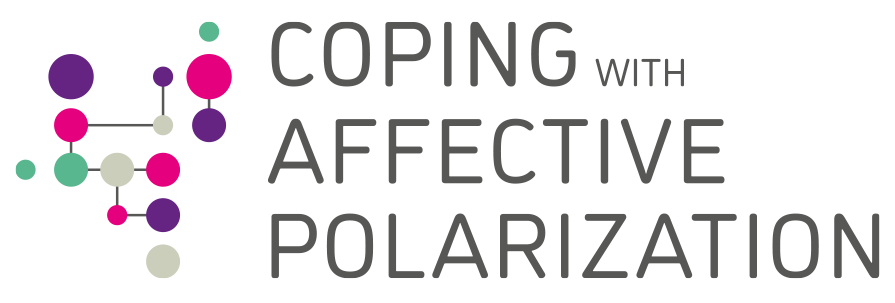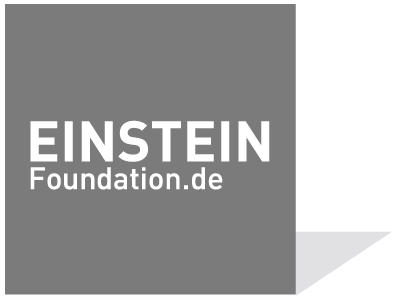Einstein Research Unit
Affective Polarization
How Civil Society Fosters
Social Cohesion
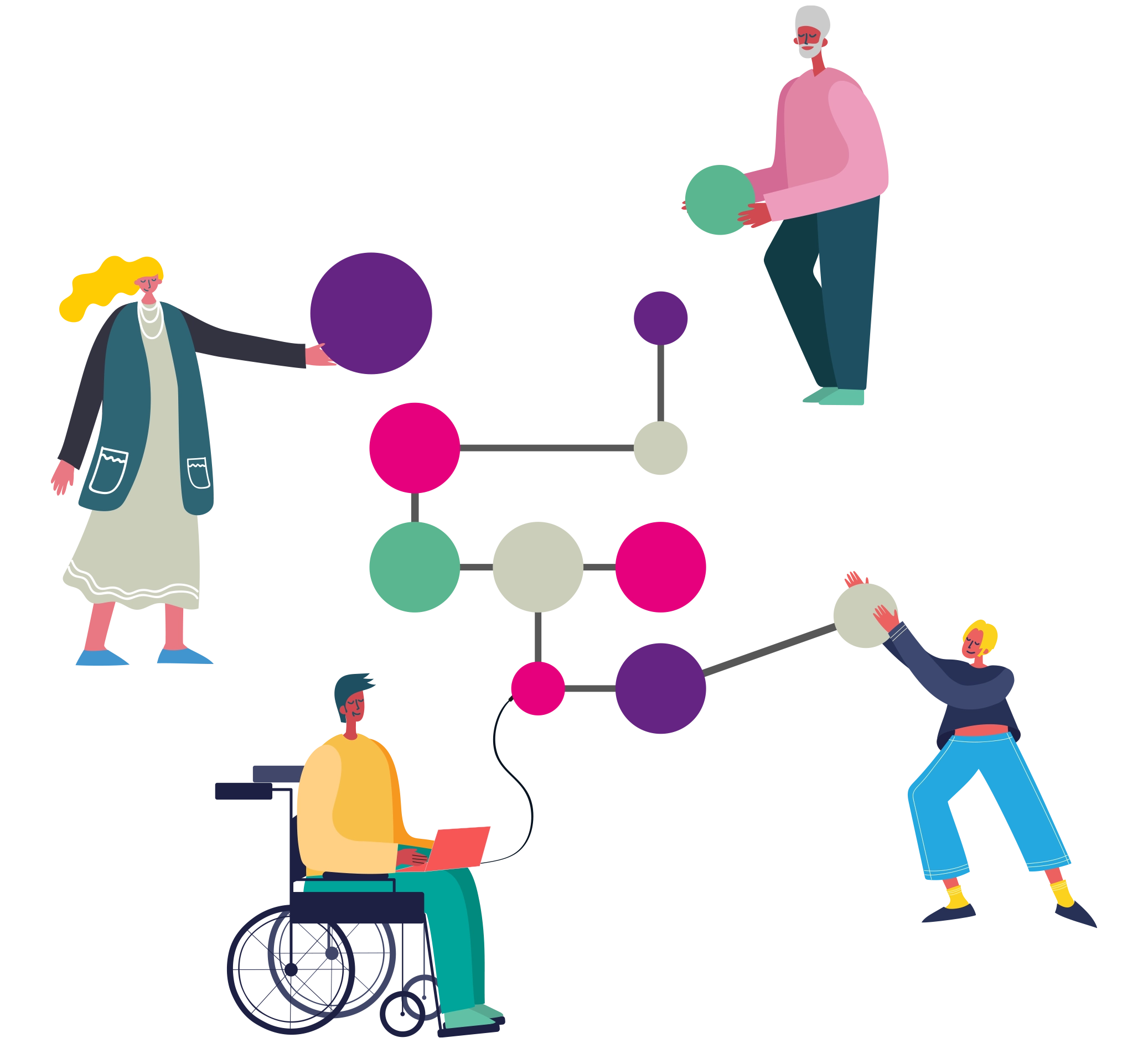
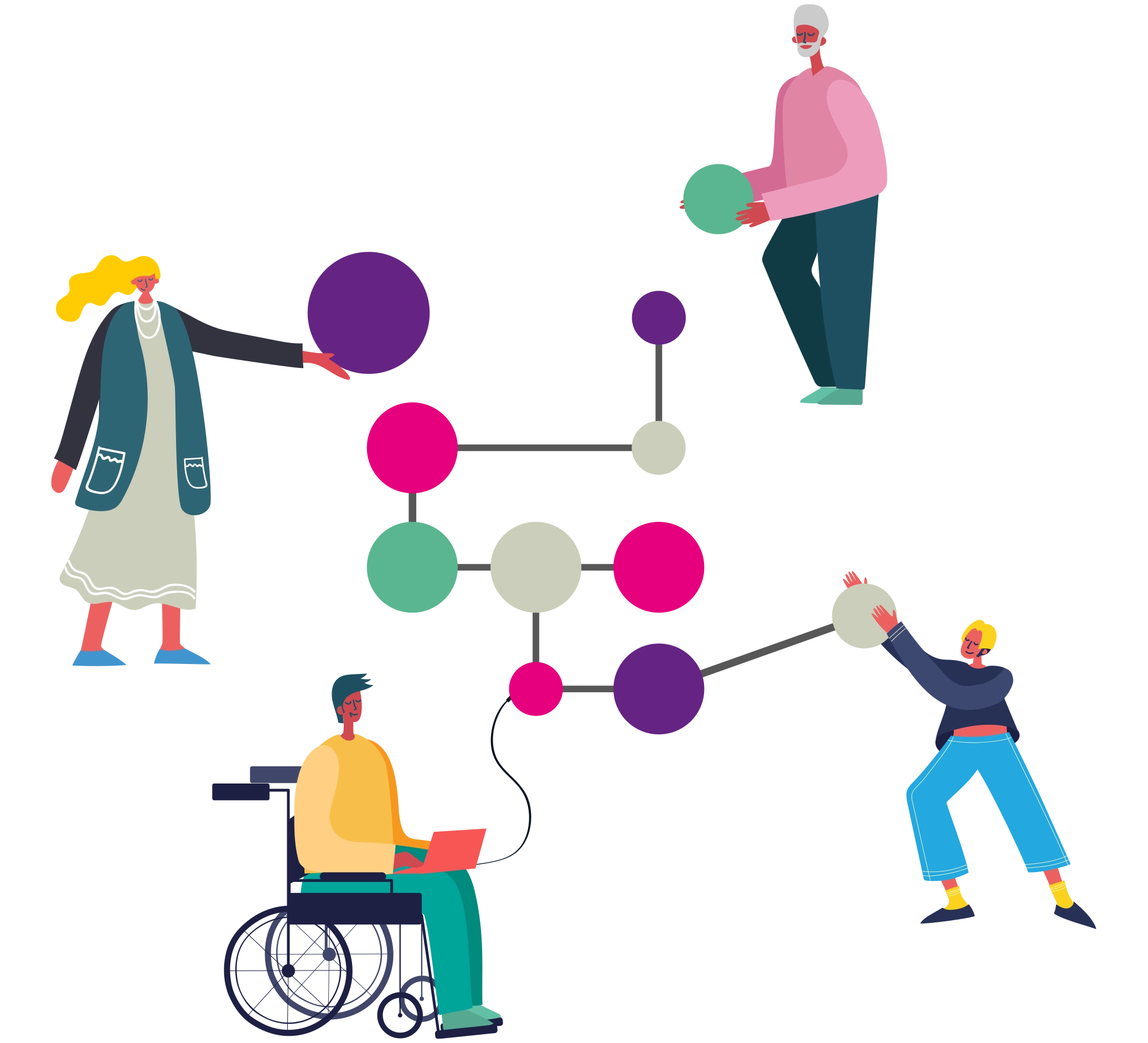
Einstein Research Unit
Affective Polarization
How Civil Society Fosters Social Cohesion
How Civil Society Fosters Social Cohesion
The Einstein Research Unit “Coping with Affective Polarization – How Civil Society Fosters Social Cohesion” is an interdisciplinary research initiative based in Berlin. Research teams from Humboldt-Universität zu Berlin, Freie Universität Berlin, and Charité – Universitätsmedizin Berlin investigate the dynamics of affective polarization and strategies to mitigate its negative consequences.
The Phenomenon of Affective Polarization
Polarization is increasingly shaping social and political debates. Emotions often play a central role in this process – as seen in heated controversies around migration or climate policy. Affective polarization refers to this emotional dimension of societal divisions. It emerges when individuals feel a strong sense of connection with like-minded people while reacting to those with opposing views with distrust, negative emotions, or rejection. This us-versus-them mentality undermines dialogue, cooperation, and ultimately, social cohesion. At the same time, affective polarization can foster intolerance and hostility – and in extreme cases, even lead to political violence. It therefore poses a serious threat to democratic societies.
Our Focus
Our research consortium is dedicated to this specific form of polarization and investigates how society can respond constructively to affective polarization and effectively mitigate its negative consequences. Our aim is to develop targeted measures and strategies that empower individuals, civil society groups, and activists to engage with affective polarization in a constructive way. By bridging academic knowledge with real-world applications, our Einstein Research Unit aims to contribute to a more cohesive and resilient society.
In our Einstein Research Unit, we work in five interconnected research streams. Click on the boxes below or visit “Research” for a full overview.
Interventions Lab
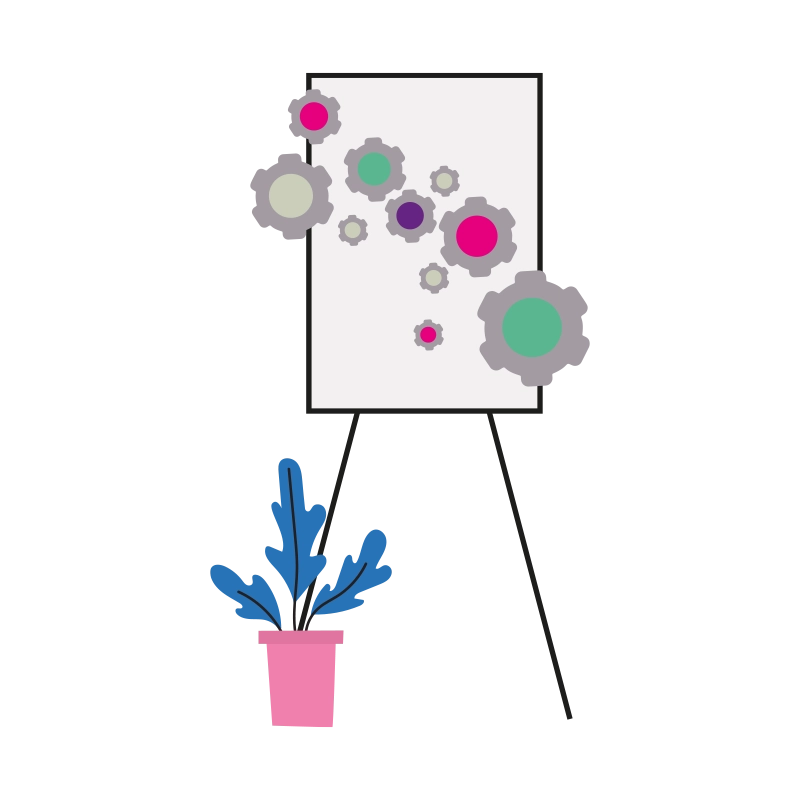
In our Interventions Lab, we position civil society as a key actor in mobilizing social cohesion to cope with the negative effects of affective polarization. By collaborating closely with civil society organizations and drawing on insights from our research, we develop effective intervention strategies.
Research Stream
“Individuals”

The main aim of the “Individuals” Research Stream is to explore how individual differences shape the ways in which people are impacted by affective polarization and to identify strategies that individuals employ to cope with the negative consequences of affective polarization.
In our Einstein Research Unit, we work in five interconnected research streams. Click on the boxes below or visit “Research” for a full overview.
Interventions Lab

In our Interventions Lab,
we position civil society as a key actor in mobilizing social cohesion to cope with the negative effects of affective polarization.
By collaborating closely with
civil society organizations and drawing on insights from our research, we develop effective intervention strategies.
Research Stream
“Individuals”

The main aim of the “Individuals” Research Stream is to explore how individual differences shape the ways in which people are impacted by affective polarization and to identify strategies that individuals employ to cope with the negative consequences of affective polarization.

